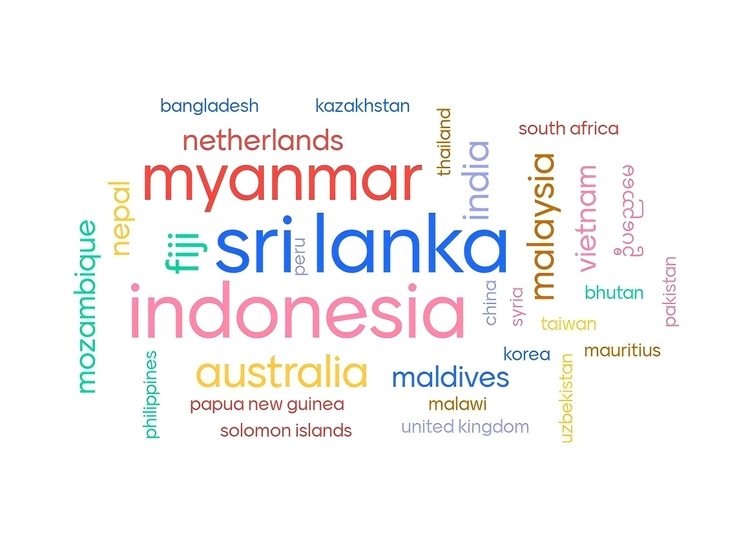
The UNESCO Regional Office in Jakarta hosted the first UN Interagency Task Team (IATT) training on Science, Technology, and Innovation (STI) Policy for Sustainable Development Goals (SDGs) in the Asia-Pacific. Held online from 18-21 November 2024, this four-day training brought together over 270 participants from 28 countries, to learn about the different aspects of STI policies and policy instruments that drive SDGs.
Participants, 55% of whom were women, included policymakers, researchers, academics, students, and early-career professionals. For more than half of the attendees, this training was their first introduction to STI policy, offering a unique opportunity to learn and exchange ideas.
"In the face of today's social and environmental challenges, we need policies and policy instruments that make science inclusive, transparent, and accessible to all, grounded in the human right to science," said Maki Katsuno-Hayashikawa, Director and Representative of UNESCO Regional Office in Jakarta.
Expanding STI Knowledge Across Asia-Pacific
The program guided participants through the full process of creating and implementing STI policies, focusing on four key areas:
By integrating fundamental theoretical frameworks and their practical application in developing comprehensive STI policies, the sessions enabled participants to understand how STI policies can be developed and implemented to address sustainable development priorities.
Learning and Sharing Regional Stories
During the training, experts from different countries in the region, showcased specific examples of policy and policy instruments, from the divers STI landscape of Asia and Pacific. Members of the Science, Engineering, Technology, and Innovation Policy Asia and the Pacific Network (STEPAN) actively contributed their expertise to the discussions:
These contributions provided valuable insights, offering diverse approaches to enhancing STI in the region. Interactive elements such as real-time surveys, Q&A sessions, and online discussions enhanced the training experience. Participants praised the balance of theoretical insights, case studies, and collaborative discussions, noting the training’s practical relevance.
The training was organized under the UN IATT on STI for SDGs, Workstream 6 (WS6), and co-led by UNESCO, UNCTAD, and UNU-MERIT. By equipping participants with tools to design, implement, and evaluate policies aligned with global development priorities, it marked a significant step toward strengthening STI systems for sustainable development.
What's next?
Building on the success of this training, UNESCO and the IATT WS6 team will expand their capacity-building activities in 2025. Future programs will explore specialized tools and thematic priorities tailored to the region's needs.